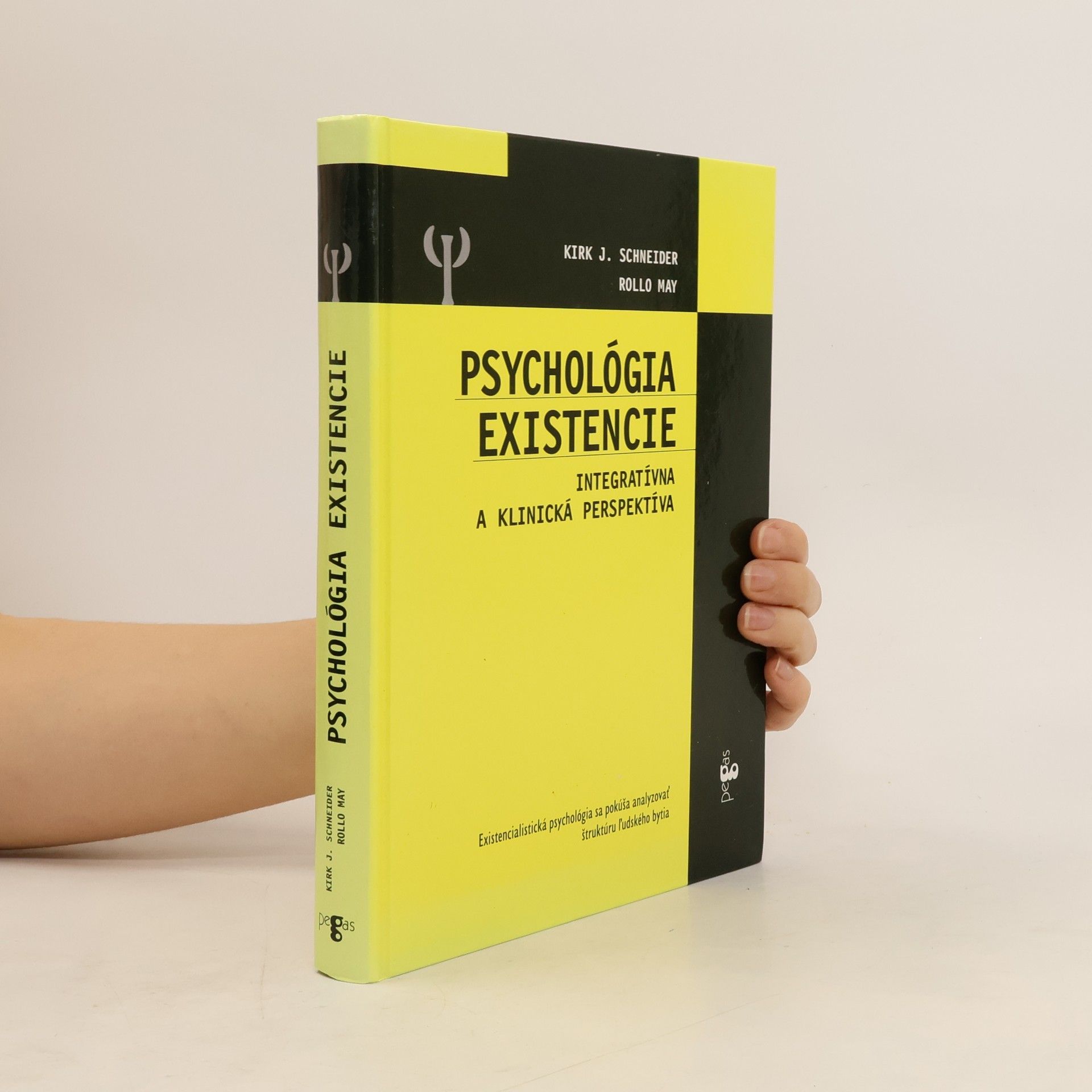The Depolarizing of America: A Guidebook for Social Healing
- 98 Seiten
- 4 Lesestunden
Our nation urgently needs healing dialogues, especially in the aftermath of the coronavirus pandemic and the killing of George Floyd, which have intensified divisions over race, politics, class, gender, climate change, globalism, and religion. The U.S. Surgeon General has called for an end to partisanship, yet the path forward remains uncertain. Safe, mindfully structured dialogues are essential for preserving our republic and the democratic principles it embodies. This work represents years of effort to foster such dialogues in various settings, aiming to share valuable skills with both laypersons and professionals who seek social healing. It opens with personal reflections on our polarized state, extending to a discussion on how a sense of awe—rooted in America's founding spirit—can counteract this division. The book concludes with practical dialogue strategies that translate awe-based sensibilities, such as humility and wonder, into a rediscovery of one another and our collective potential. As a follow-up to the author's previous work, this book is vital for anyone committed to social healing and fostering positive change in society.



